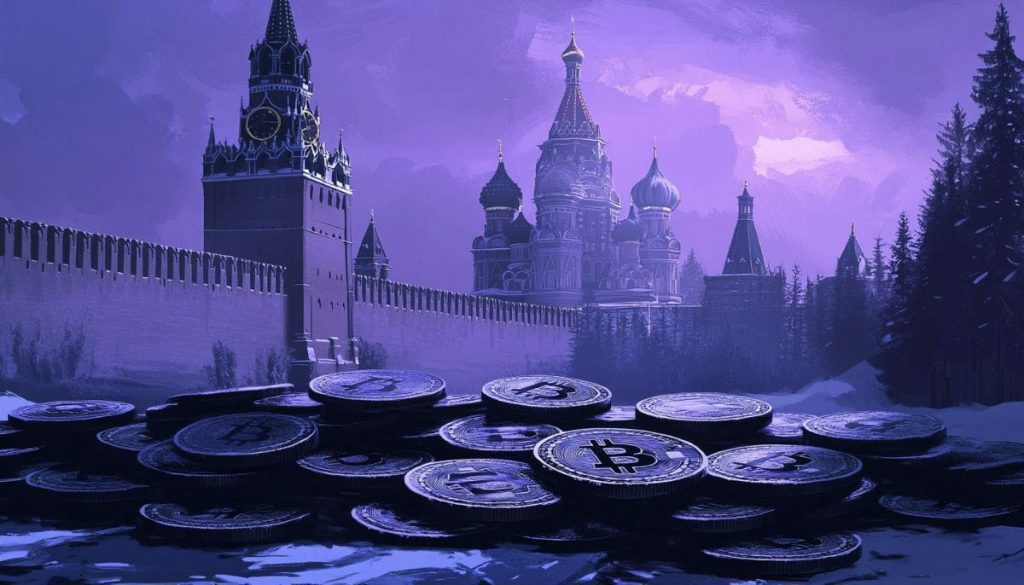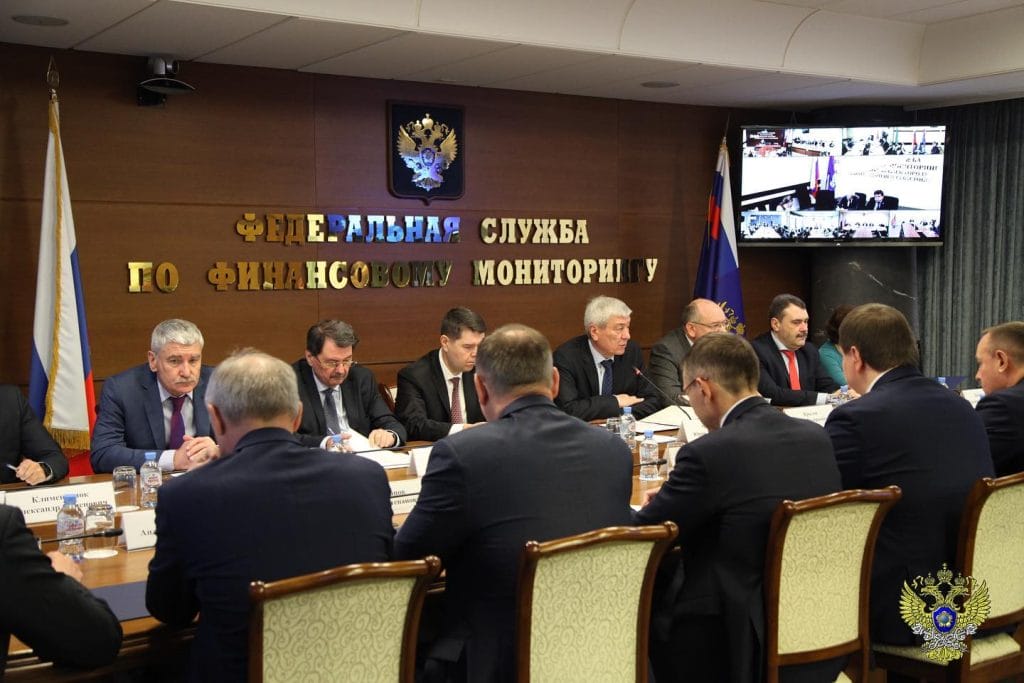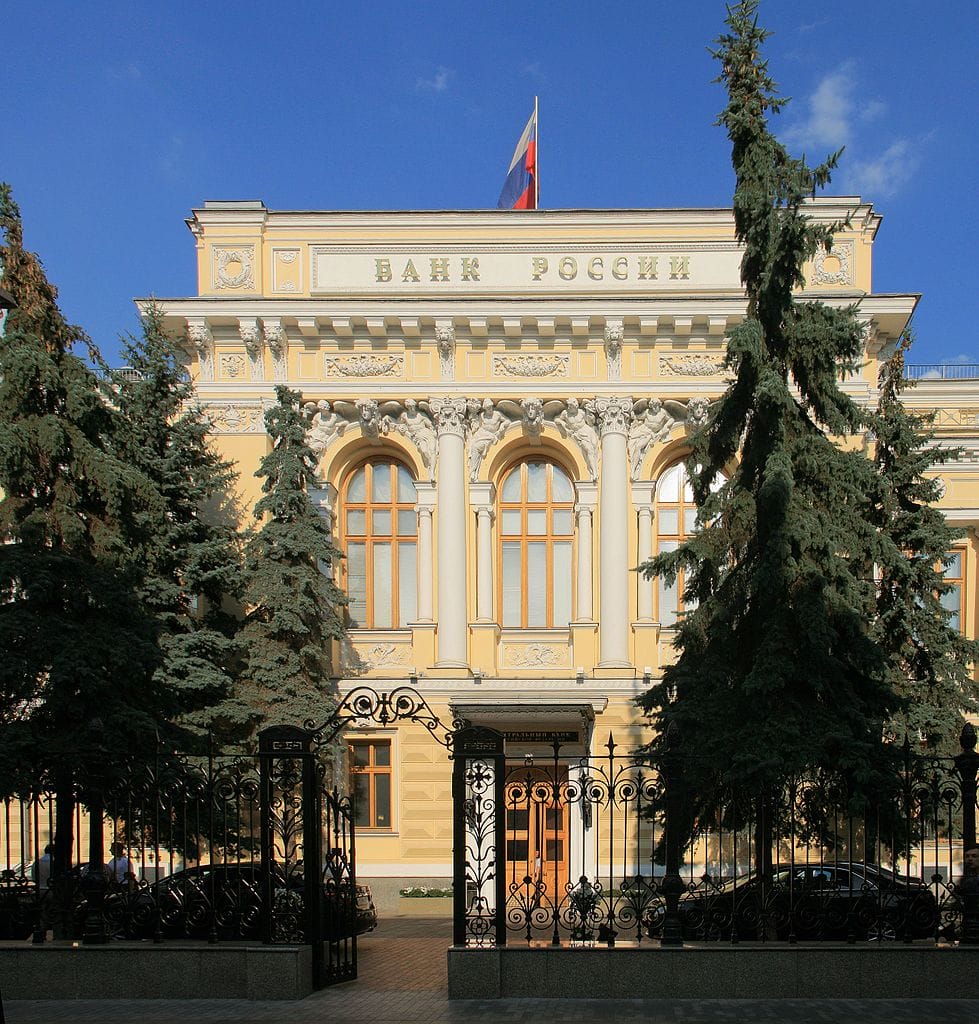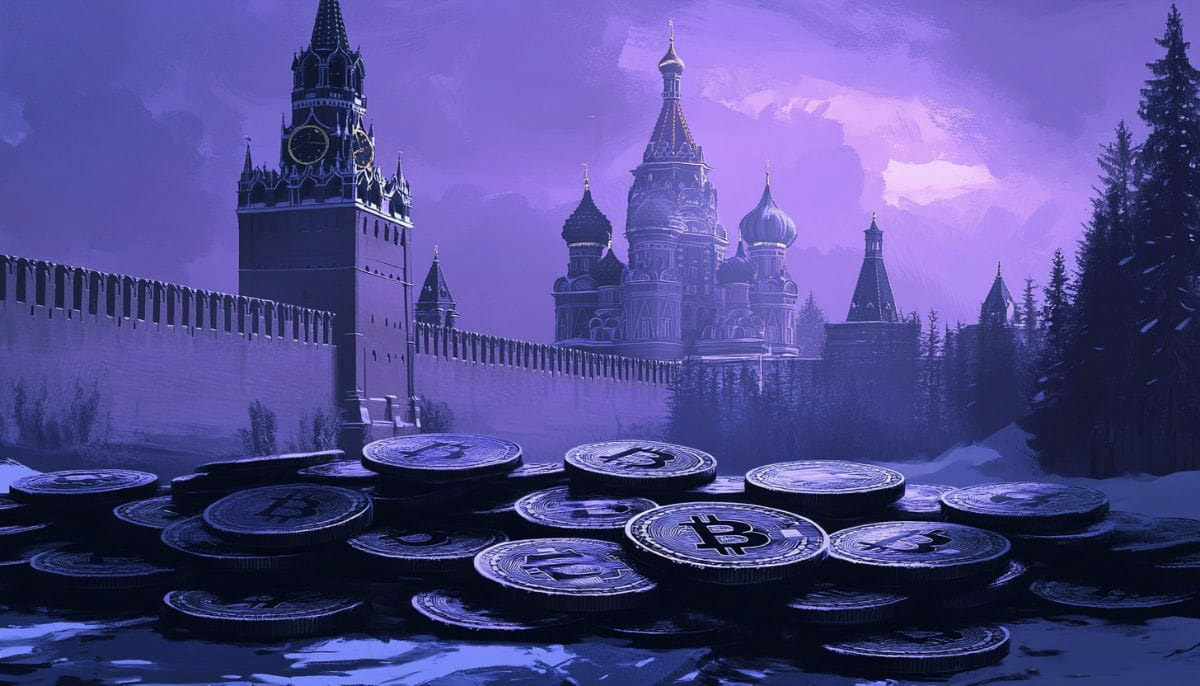Experts claim that after addressing the issue of cryptocurrency mining, Moscow should move on to exchange policing.

Moscow is going to begin monitoring Russian cryptocurrency exchanges and will probably try to make sure its rules comply with those of the Financial Action Task Force (FATF).
Speaking to RBC, Dmitry Kirillov, an educator at the Moscow Digital School, said this would be the next logical step for the government.
He pointed out that Moscow has already started to control cryptocurrency mining and its use as a means of international payments. According to Kirillov, “now it is the turn of Russian crypto exchanges,”
Russian Crypto Exchange Regulations in Pipelines
According to Kirillov, there are still gaps in the law that affect peer-to-peer cryptocurrency exchanges and transfers.
✅ The Russian Ministry of Finance is considering allowing qualified investors to trade digital currencies on licensed exchanges.#Russia #Cryptohttps://t.co/IaMCBSPTJZ
— Cryptonews.com (@cryptonews) July 15, 2024
Following the announcement by Rosfinmonitoring, the state anti-money laundering agency, that it would draft “a package of bills” on “licensing” cryptocurrency exchanges in Russia, the expert was speaking.
All cryptocurrency trading platforms in Russia will need to apply for operating permits from a central body if Rosfinmonitoring has its way.
Additionally, the agency seeks to compel exchanges to “collect information about” users of their services who own cryptocurrency wallets. Data on all transactions must be “stored on platforms for at least five years.”
These plans would require platforms to provide such information to “government agencies, primarily law enforcement agencies.”
Scores of crypto exchanges operate in major Russian cities. However, many of these have been linked to money laundering and fraud.

Central Bank U-Turn?
In the past, the Central Bank has demanded that all cryptocurrency exchanges be banned. And it now appears to be prepared to acknowledge that it needs to modify its stance on the issue.
Rather, the bank seems to have come to terms with the fact that cryptocurrency exchanges are a necessary evil and ought to be controlled rather than outlawed.
Rosfinmonitoring has repeatedly urged the government to strengthen its crypto regulations.
The FATF downgraded Russia’s compliance ratings early this year, citing its (then) nearly unregulated crypto sector as the primary reason.

Moscow Aiming for FATF Compliance?
Digital lawyer Yuri Brisov told RBC that the agency’s recommendations seem to align with many of the FATF’s main recommendations.
The agency’s proposals seem to adhere to many of the FATF’s main recommendations, he told RBC.
In reference to the requirement to register and license so-called “virtual asset service providers (VASPs),” Brisov stated that licensing cryptocurrency exchanges would be “in line with FATF Recommendation 15.”
The requirement for gathering transaction data “also complies with FATF standards,” the expert continued.
And he also said that the “obligation to provide information to law enforcement authorities” was consistent with the so-called Travel Rule.
Additionally, the rule requires cryptocurrency exchanges to exchange information about transactions.
Brisov concluded that for the majority of countries, complete compliance with the Travel Rule was “still” a technically complex process.
Putin will surround himself with Russia’s biggest gathering of world leaders since his invasion of Ukraine, challenging efforts from the US and Europe to isolate him https://t.co/5kGfbvfNOZ
— Bloomberg (@business) October 22, 2024
Move Is In Line With Global Trends: Lawyer
Rosfinmonitoring’s action was “in line with the overall global trend towards strengthening control over cryptocurrency transactions,” according to Kristina Mkrtchyan, an adviser to the intellectual property practice at the law firm EBR.
This, according to Mkrtchyan, is a component of a larger endeavor to “combat money laundering and terrorist financing.”
She added that “strengthening control” over crypto exchanges would “boost transparency for the industry.”
US lawmakers question oil service company's SLB's exception to Russian sanctions https://t.co/p7Ck1UKsDn pic.twitter.com/msfs0gftpq
— Reuters (@Reuters) October 21, 2024
However, it might “also lead to the departure of some players from the market,” she acknowledged.
The Central Bank has not yet expressed its opinions on the subject. In recent months, it has made it official that only businesses that are part of its official cross-border crypto trade sandbox are permitted to provide crypto exchange services.
The bank has not yet disclosed which businesses it intends to permit access to the sandbox, though.
Several top Russian banks have signaled their interest in providing crypto exchange services.
Additionally, there has been less discussion in recent weeks about opening state-run cryptocurrency exchanges, perhaps at the stock and currency exchanges in Saint Petersberg and Moscow.















Leave a Reply